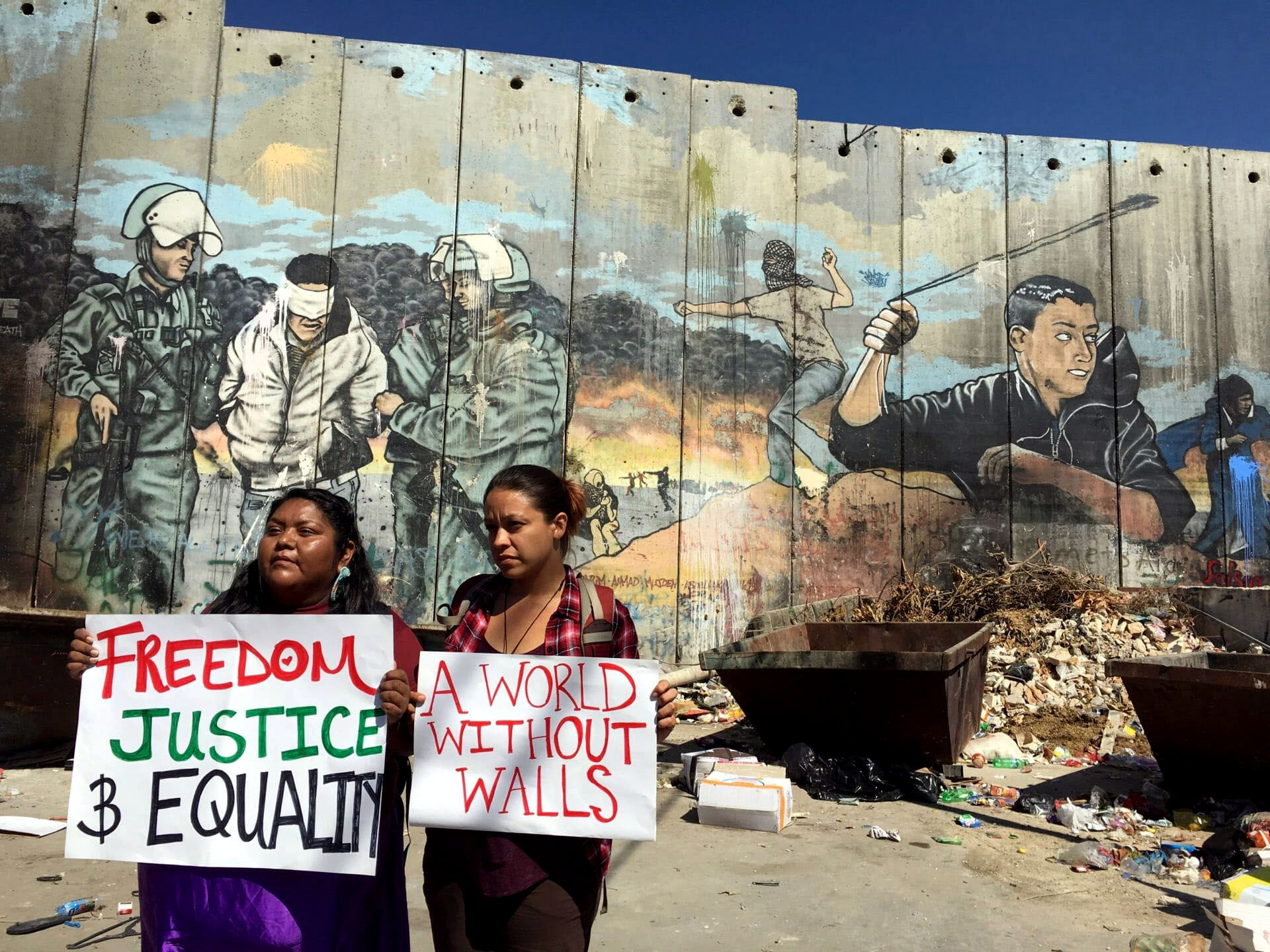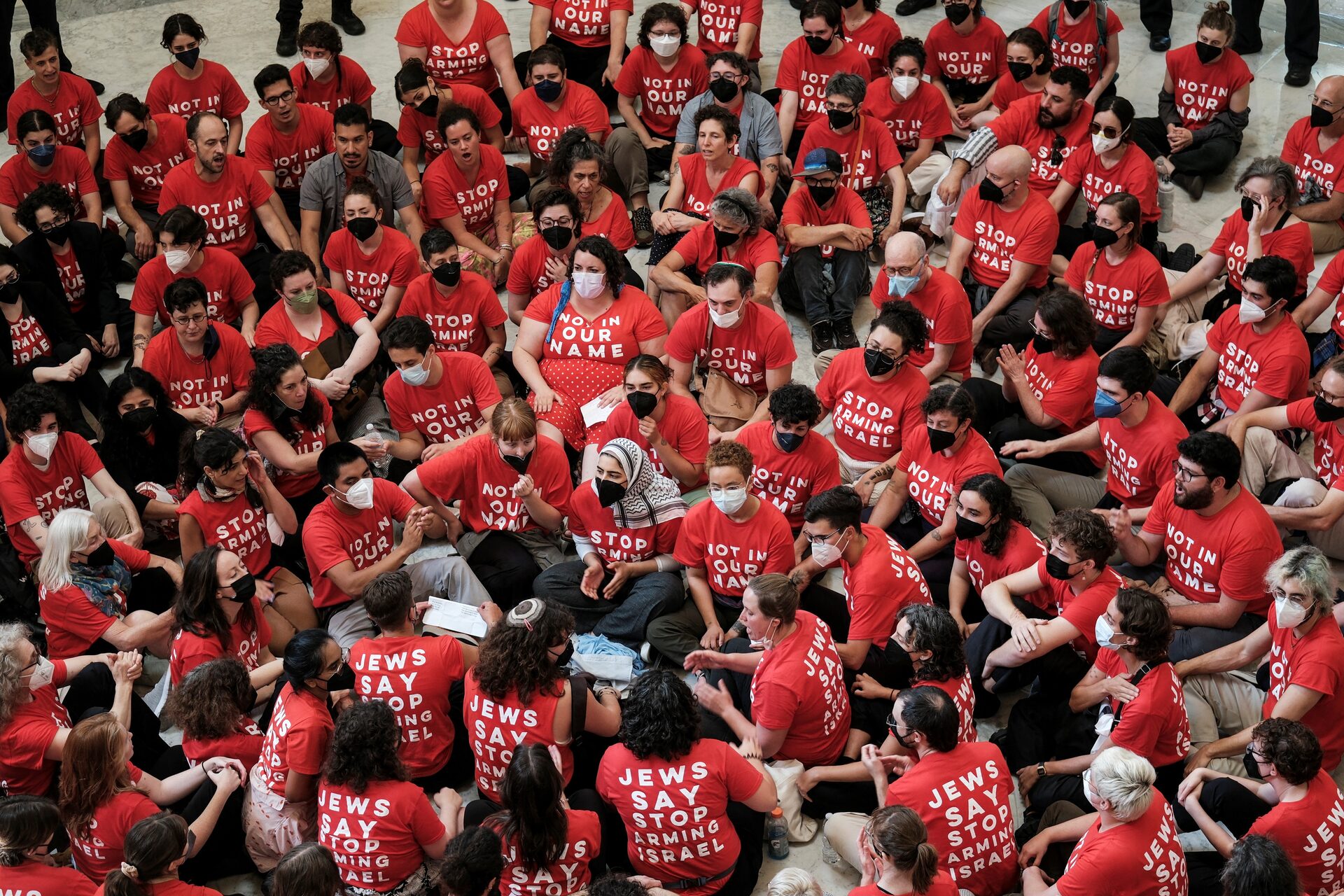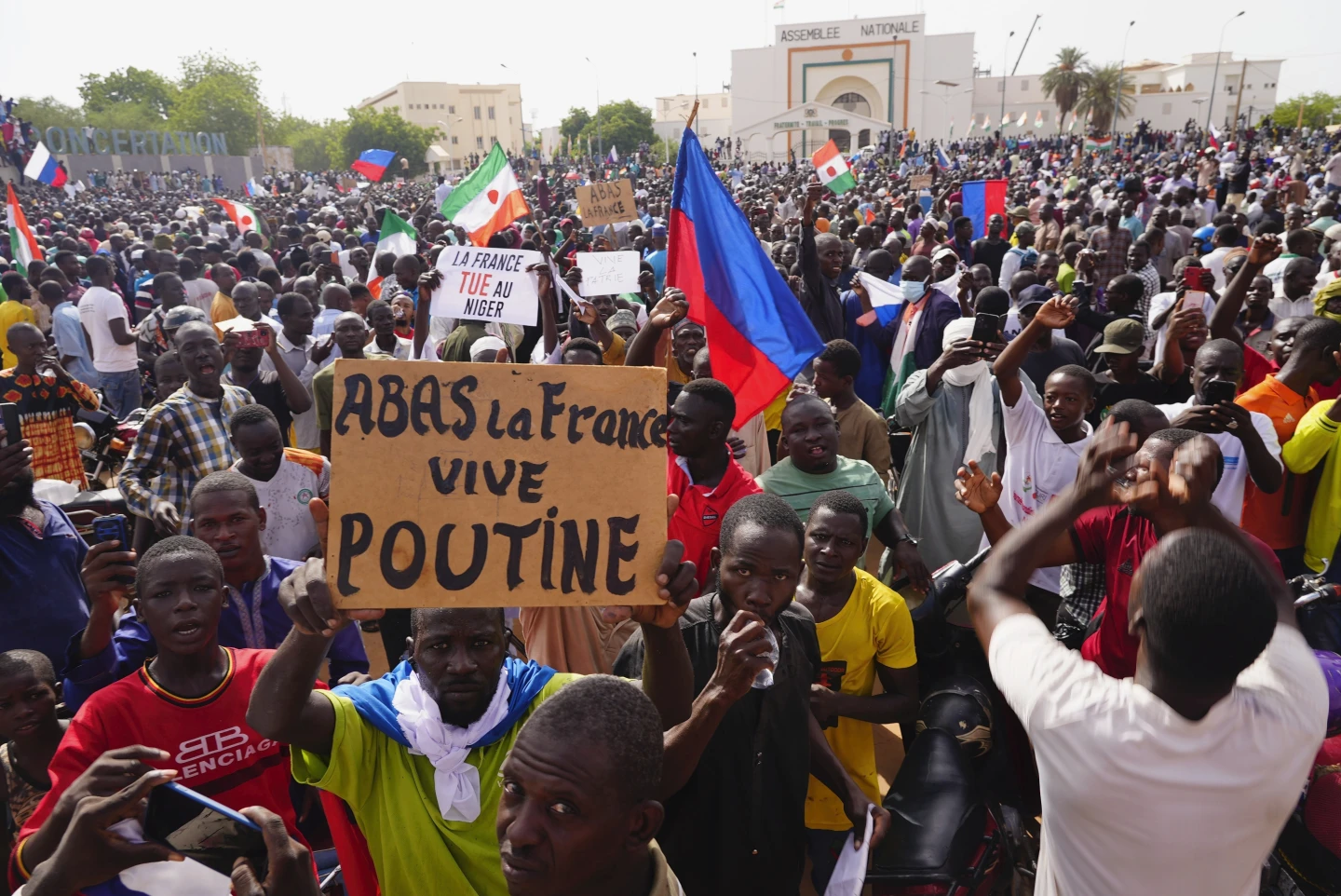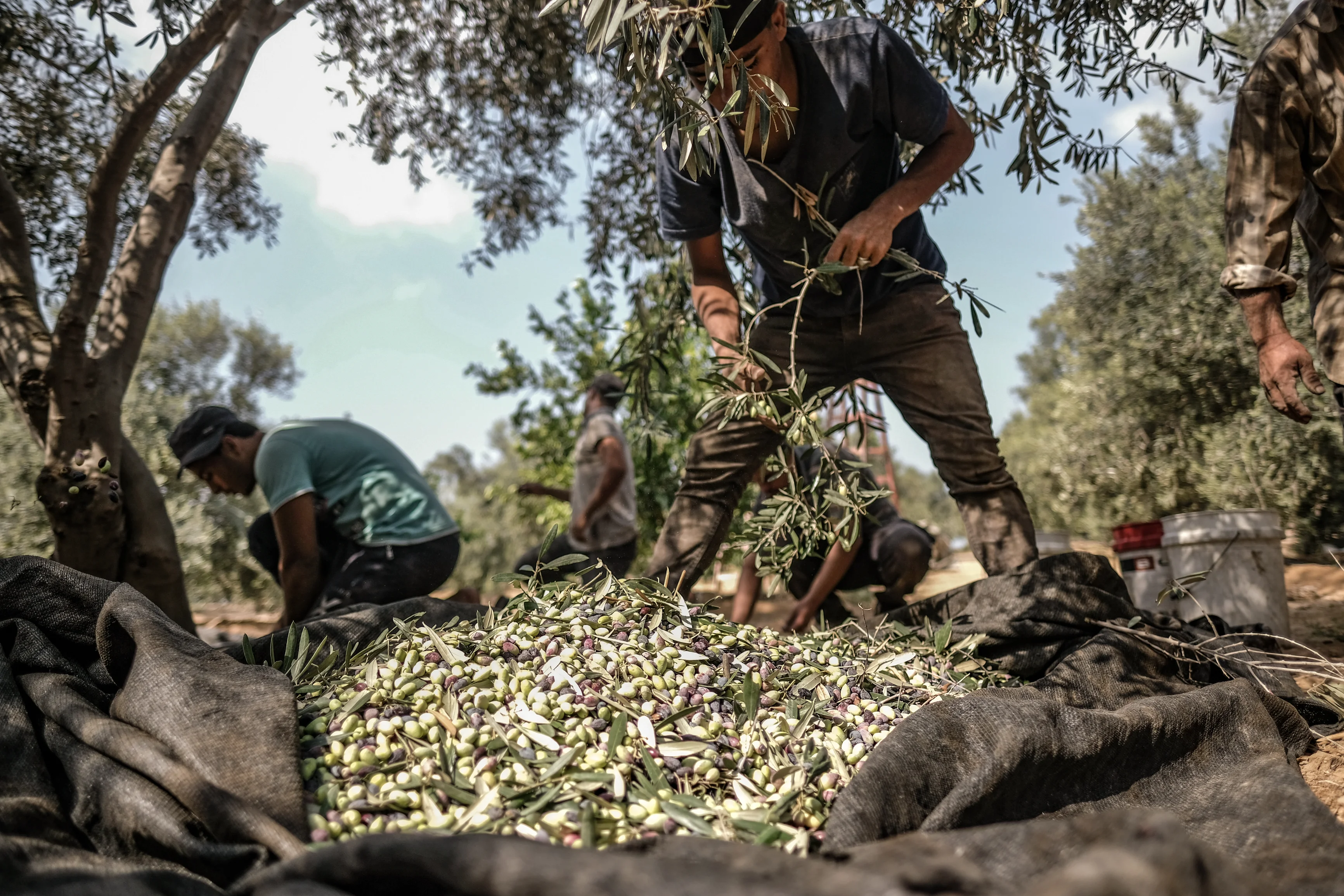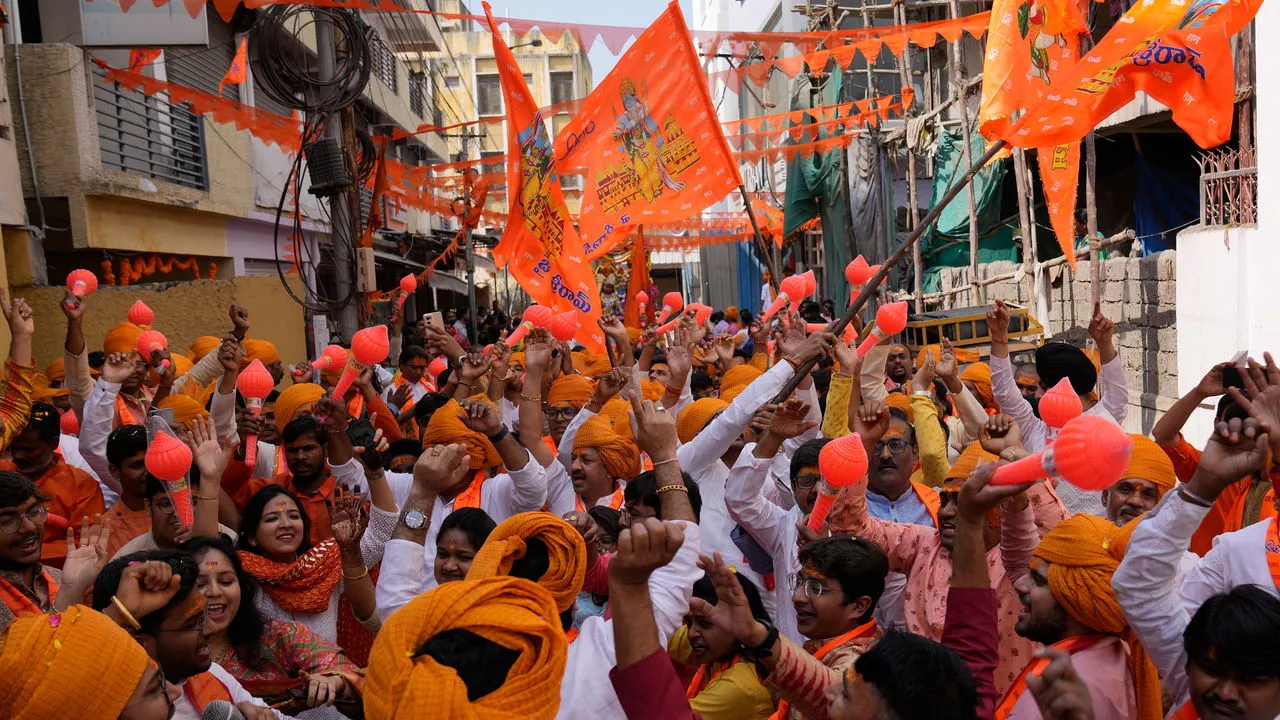How Am I Supposed to Feel Safe at a University That Bankrolls the Slaughter of My People?
I came to this institution eager to learn, ready to soak up all of the opportunities advertised by my Visitas tour guide. On the first day of classes, I outstretched my hand to anyone in a well-pressed suit, hoping to talk to every professor and dean I came across. My conversations with them were wide-ranging, but my response to the inevitable question of where I was from — “I am Palestinian” — always elicited the same reaction: their college-brochure smiles quickly turning into frowns.
The dissonance only worsened once the genocide in Gaza began.
For Palestinian students, the congratulatory text messages our grandparents had sent us upon our acceptance to Harvard became lists of missing family members and images of our own being massacred — the true “veritas” of our tuition money.
How much does this institution invest in occupation and genocide? Why, last December, did the Managing Director of Investment for the Harvard Management Company go on an exclusive trip to Israel to explore potential areas of investment? Why did he meet with the Israeli Occupation Forces and Israeli government officials? How am I supposed to feel safe at a university that bankrolls the slaughter of my people?
These questions turned into chants that I screamed at protests — and the unprecedented and disproportionate retaliation from University administration confirmed my greatest fears.
When I dropped a banner with the names of thousands of martyrs in Annenberg, professors screamed at me to “release the hostages;” staff members followed me into buildings whenever I wore my keffiyeh; police tailed me as I left protests.
The only semblance of comfort I found on campus was in organizations like the Harvard Undergraduate Palestine Solidarity Committee, which saw me as more than my identity while also celebrating it. I organized with the PSC for months, attended their cultural events and ate manakeesh just as my mom makes it, and met comrades who became some of my closest friends. And then, the PSC was suspended by a draconian administration last month. Just like that, the only official affinity space for Palestinians on campus was stolen from us.
Despite the University’s McCarthyite crackdown on protests and its constant threats — and actual implementation — of disciplinary action, I draw power from the community of students calling for divestment and fighting for Palestinian liberation. Their solidarity matters so much more than any last-minute policy or carceral email.
Palestinians at Harvard and on campuses across the nation are taking charge. Whether people like it or not, this University — and this country — have already begun to crumble in the face of the unavoidable compass of liberation.
It is no longer a question of if Palestine will be free — it is a matter of when.
